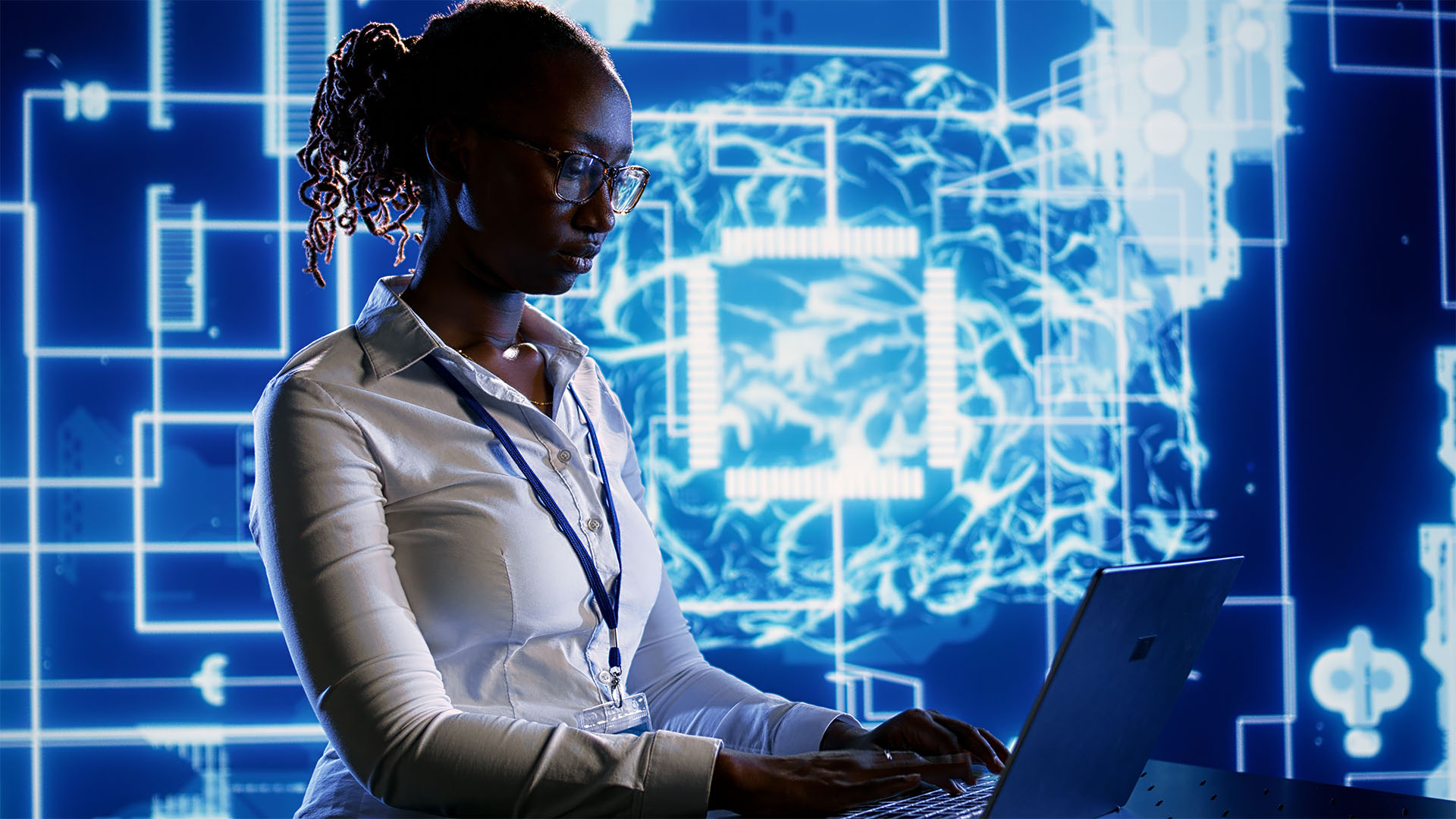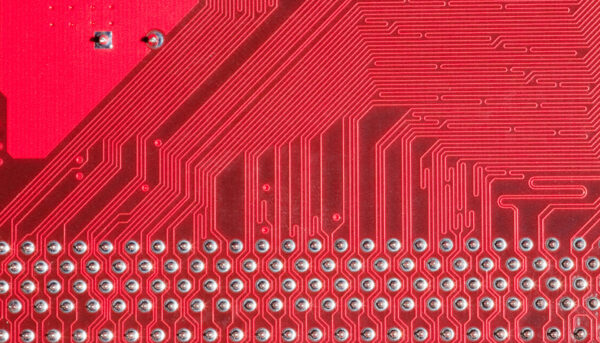With the rapid growth of generative artificial intelligence (AI) usage worldwide, a key issue that has arisen for copyright owners is how to protect their work against infringement by AI tools under the existing intellectual property legal framework.
At the time of this writing, the Government of Canada is conducting consultations to determine how the Copyright Act should be amended to address a range of legal issues at the intersection of copyright and AI.
Rights in materials used to train AI systems
Generative AI is trained through text and data mining, which involves examining large amounts of text, art, drawings, video and sound recordings and other data and materials, and using what it learns through the data mining process to generate creative material, including but not limited to literary, artistic and musical works, such as text and writing, drawings and illustrations, and songs. Importantly, the mined data may include copyrighted works. The owners of those copyrighted works are concerned about their unauthorized to train AI systems. In this context, Canadian lawmakers must consider whether any of the existing fair dealing exceptions apply to the use of the copyrighted material for use in training AI tools and systems, and if not, whether a new exception should be created for this purpose. On the other hand, many creatives argue that no fair dealing exception should apply to AI systems. They believe that the owners of AI systems must obtain express licenses from the copyright owners to use their works for AI training purposes. Many creatives are also advocating for full and comprehensive disclosure of the data, information and materials that AI owners use to train their AI systems.
Authorship and ownership of AI-generated or assisted works
AI users are also concerned with whether they can protect the creative outputs of their AI machines under the existing Copyright Act. The current Copyright Act ties copyright protection to human authorship. Under the current framework, it is unlikely that solely AI-generated work would be protectable under the Copyright Act; however, AI-assisted work may be shielded. In fact, the Canadian Intellectual Property Office has permitted a copyright registration which listed an AI system as a co-author of the work together with a human author. In contrast, the U.S. Copyright Office has stated that simply providing a prompt to AI is insufficient to create copyright in a work and confirmed that traditional elements of authorship in the work must be attributable to the human user for copyright to exist. In each case, AI users should consider the degree of AI usage in their creative outputs, and other jurisdictional requirements, in order to determine the degree of protection that will be afforded to them. Moreover, AI users should review the terms of service and any other contracts they enter into when using AI tools and systems (or working with service providers who might be using them) to confirm who amongst all the parties involved owns the works generated by the AI tools and systems.
Liability resulting from the use and commercialization of AI systems
There are also concerns under the existing Copyright Act as to the liability resulting from an AI system infringing a copyright owner’s rights in copyrighted works. A key question to consider is whether there is a sufficient amount of human involvement in the AI output to find the AI user or the AI tool provider liable. Additionally, if the AI user distributes the infringing material, can they be found liable for secondary infringement, if the infringer knew or ought to have known, that they were dealing with an infringing work? Since AI self-learns and it is not always clear what works they have accessed in their creation of their AI outputs, it may be difficult to prove the knowledge component of the infringement test.
As the laws surrounding AI continue to evolve, it is important to consult an intellectual property expert to ensure that your works are properly protected (and that your associated rights in these works are properly enforced) and to ensure that you are not inadvertently infringing on third party copyright when using generative AI tools in your own business.
If you have any questions about protecting your works, please reach out to a member of Miller Thomson’s Intellectual Property Group.







